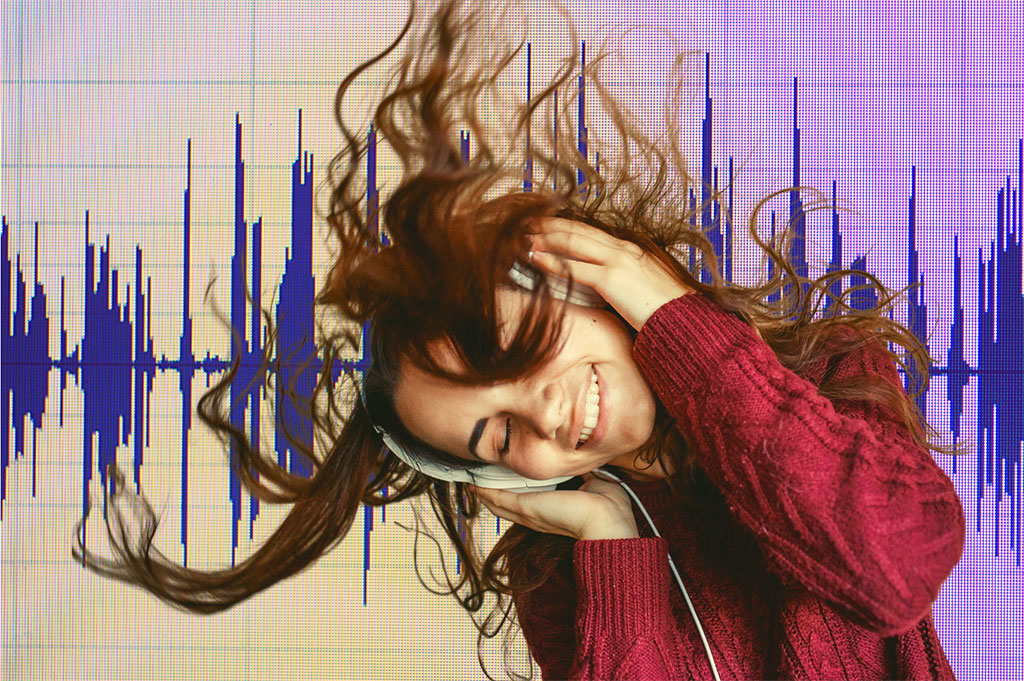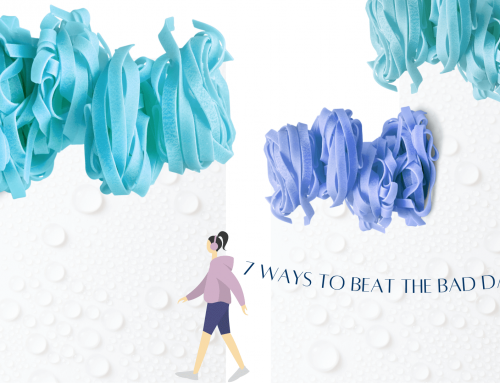How do you feel when you listen to music? Do different types of music affect you on an emotional level? Physical level? Music is a simple way to infuse passion and energy into your life. I always use energizing music when I work out at the gym, while on the elliptical or treadmill machines. Blue Man Group is my choice right now. The music immediately makes me want to move and laugh as I recall the shows of theirs I’ve seen. So, it works for me. And I love using music to elevate my mood in the car. I crank up the latest popular dance tunes often while I drive. There is just something about that kind of high energy music that boosts my mood and makes me just want to move! Do you do that? Throw on music because you know it will make you feel better, like I do? It’s my “fix” guaranteed to snap me out of a low mood.
It turns out that music and health go hand in hand, and recent studies are now showing that indeed it can have an impact upon cardiovascular function! You’re going to love this information! So read on:
Historically Speaking: The love of music is part of being human. It has been enjoyed for thousands of years. From Ancient Japanese Taiko Drumming, to the Aboriginese of Australia who have the didgeridoo, even guitars, lutes and flutes date back to 3500 BC in Persia. No doubt about it, we love music. It moves us in some way. Our hearts, our spirits — and now we know our blood flow!
Music and Blood Flow: Did you know that when you listen to music you consider pleasurable, it may increase the dilation of your blood vessels by more than 25 percent, thus increasing blood flow? On the flip side, music that causes you stress may constrict blood vessels by more than five percent, which will decrease blood flow. Researchers at the University of Maryland in Baltimore say that listening to joyful music is good for your cardiovascular health. What is joyful music? For the 10 participants in their particular study, it was country music, which won hands down. Yet what is considered joyful to one person may not be for another. Regarding country music as the favorite, lead research investigator Dr. Michael Miller had this to say: “You can’t read into this too much.” He added, “In my opinion, it is how an individual is wired. We are all wired differently, we all react differently. I enjoy country music so I can see why it would elicit a joyful response.” The fact is music has either a positive or negative effect upon blood flow, whether it is considered joyful or anxious.
Laughter vs. Music: As part of this same study of 10 participants, laughter was evaluated in a separate phase and was found to also have a positive effect upon blood flow. Yet joyful music had an even more positive benefit with greater results in the opening up of blood vessels.
Musically Induced Endorphin High: Listening to joyful music may cause a release of endorphins, which in turn raises our spirits. The type of music that elevates your endorphins is as individual as your choice between listening to Bach, Enya, Keith Anderson or Kiss. Only you know which type does it for you.
Water and Music: Since our bodies are more than 70 percent water, you might be interested to know that a Japanese scientist claims that different types of music can have a positive or negative impact upon the structure of water. Masaru Emoto took photos of frozen water crystals after the water had been exposed to classical or rock music. The crystals from water exposed to classical music are perfect and beautiful. The rock music water? Unformed crystals as if they were “blown up!”
It’s exciting to know that research is validating that music can be good for our cardiovascular health. So, the next time you dive into another cardio workout, be sure to crank up the tunes! Who knows? Will it help improve your blood flow versus exercising without music? Now that is a very interesting question to ponder indeed!

